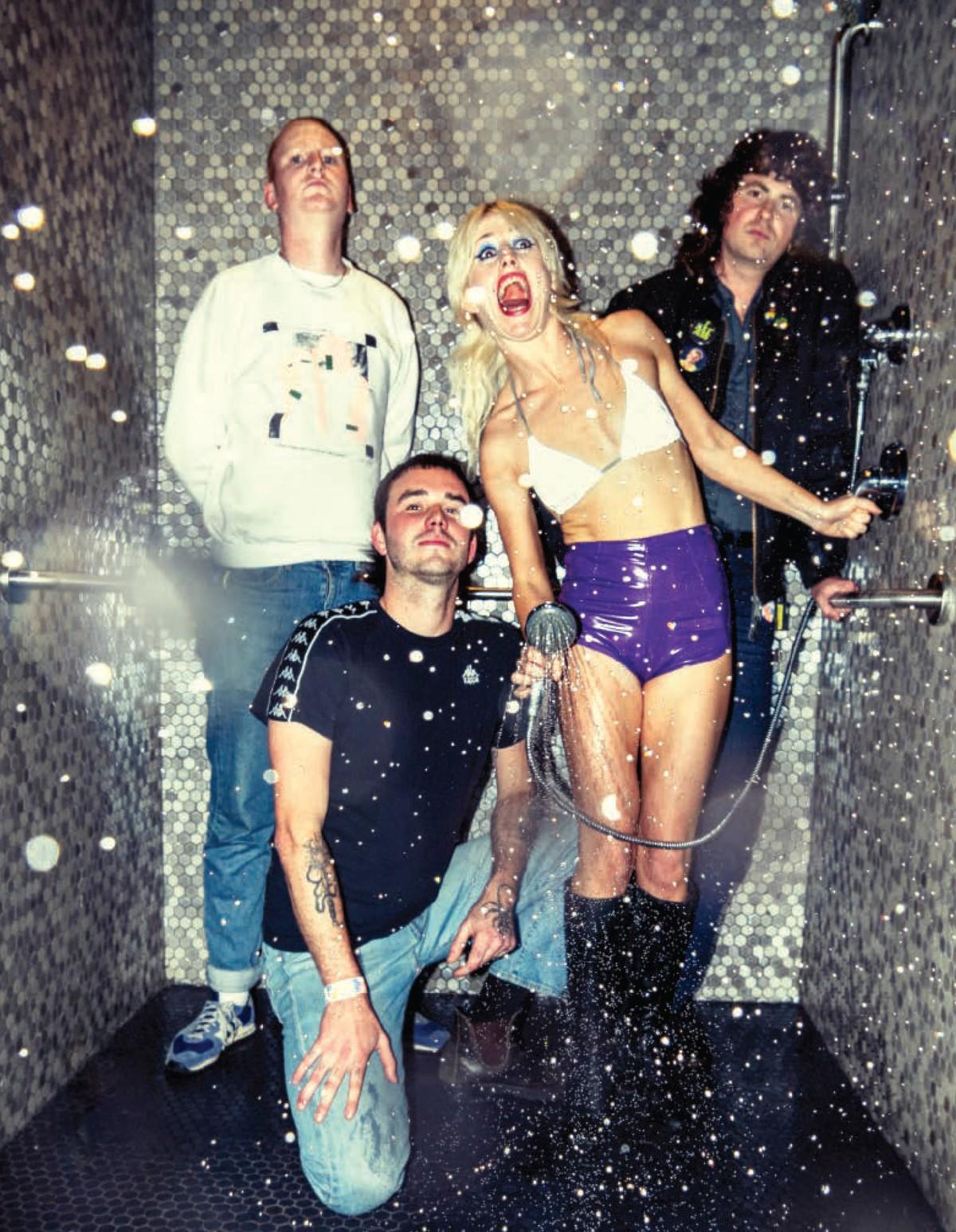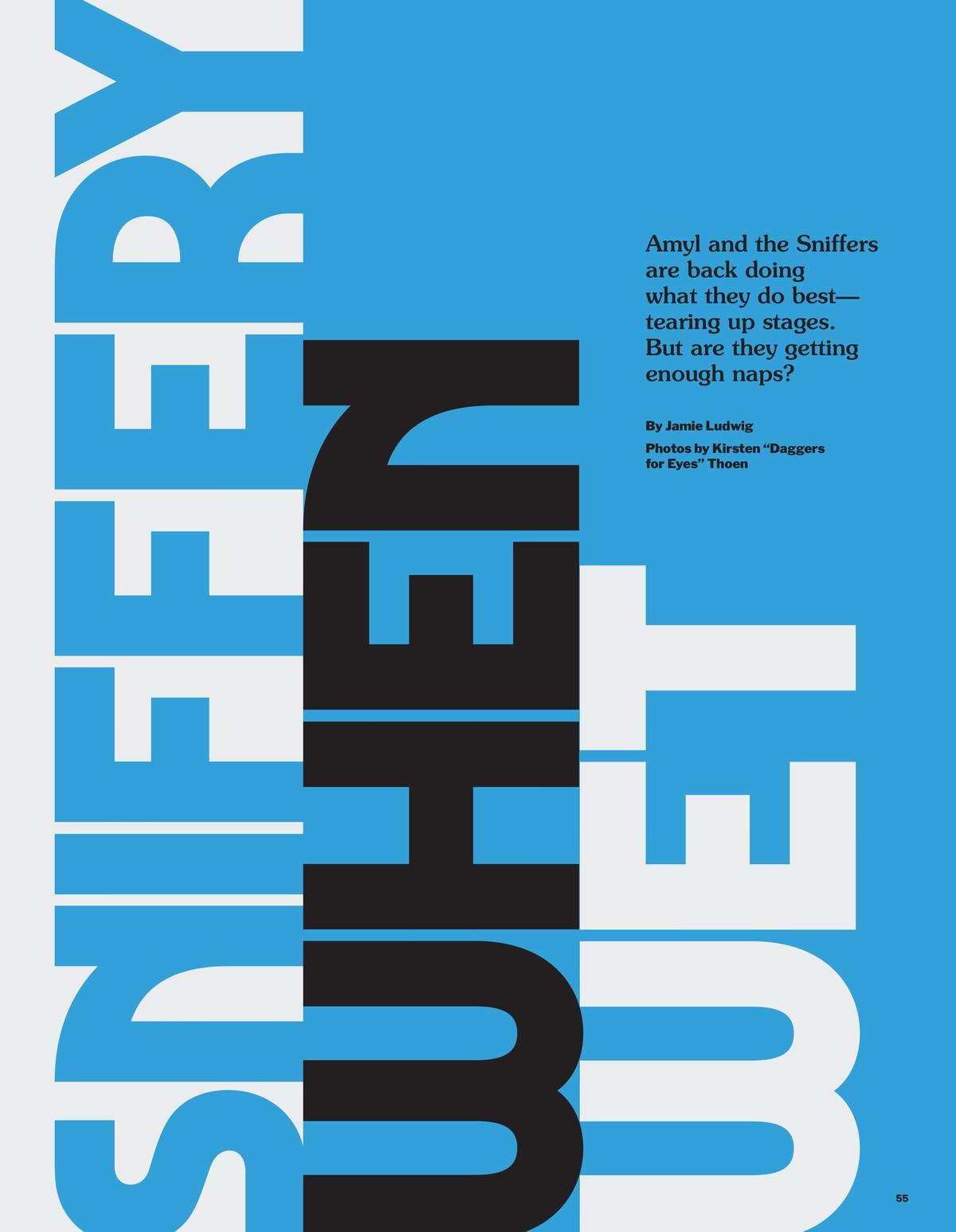SNIFFERY WHEN WET
Amyl and the Sniffers are back doing what they do best— tearing up stages. But are they getting enough naps?
September 1, 2022


Loading...

Amyl and the Sniffers are back doing what they do best— tearing up stages. But are they getting enough naps?


Loading...